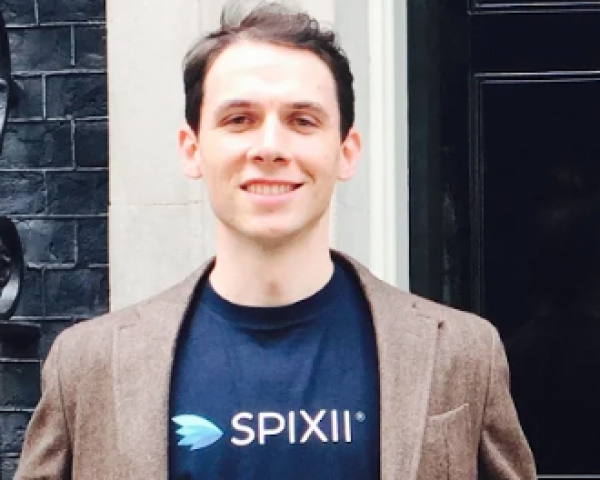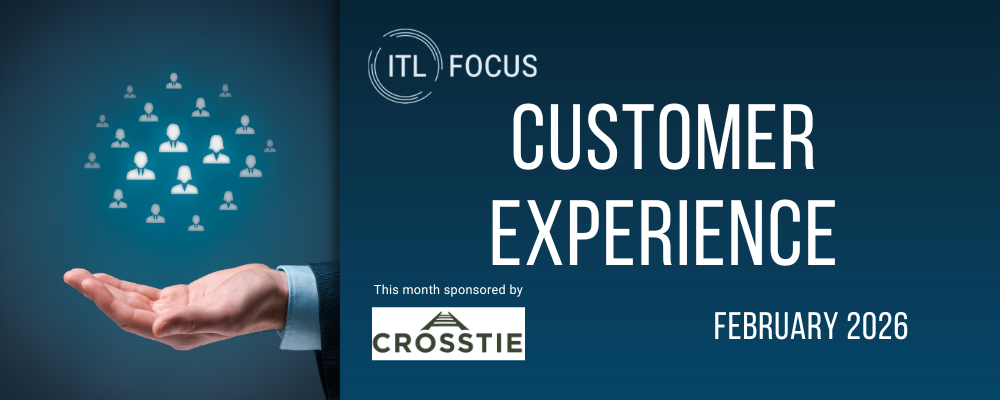When the coronavirus really started to bite at the start of 2020 and businesses and individuals were forced into lockdown, there was a collective holding of breath in the U.K. as we waited to see if the insurance industry could respond effectively.
On the whole, the industry did a superb job of shifting its call center operations from centralized offices to thousands of homes up and down the U.K. A few early hiccups aside, the industry's tech stood up to the test and proved that we can work differently.
But what we have been doing for a year now is a temporary patch. The systems and business structures weren’t designed to operate like this on a permanent basis.
Negotiating the turn to digitization
Our current reliance on individual internet connections, the ambiance of various home environments and unreliable access to the policy, billing and claims systems mean that consistency and efficiency are a hope rather than a guaranteed deliverable for interactions with customers.
While remote working should result in vastly reduced real estate costs for most businesses, that shift has to be done in a way that doesn’t compromise on the customer experience or quality of conversation.
There is really only one way to provide a personal experience, delivered at scale but in a decentralized way: through the use of conversation process automation or, as it is commonly known, employing expert chatbots.
By using intelligent, effective and responsive chatbots, insurers can deliver the necessary consistency of service to an increasingly digital-first customer base while easing the pressure on remote (or office-based) call handlers. That will allow them to focus on the more complex or higher-value customer interactions that require less immediacy and less efficiency but a high-value human touch.
Customer-facing process digitization requires automation
Of course, digitally triaging incoming customers is nothing new. It’s why webforms exist. They were designed to capture basic information, which is then fed automatically into the insurance system, creating an event for the call handler to progress.
But webforms lack one key element necessary to support call handlers in recreating the call center experience in a remote working world. They lack the ability to converse in real time with the user, to exchange valuable pieces of information.
Customers still want to have productive conversations, even in a digital-first world, and that is a want insurers will have to provide remotely. They could simply hire more call handlers, but it is logistically complicated while not being viable for the business -- with every addition of a remote call handler, the insurer moves further and further away from the guarantee of a consistent customer experience. And more call handlers, of course, mean more cost.
See also: Lessons on Reaching Customers Remotely
With expert chatbots, the consistency of experience can be delivered on a consistent basis without necessarily recruiting more call handlers.
And rather than replace the human call handler, expert chatbots assist in a way that webforms can’t by creating a natural, unseen bridge between the digital and the human touch. Anything that frees call handlers for productive conversations has to be embraced. Using their time to gather basic, repetitive data is a waste of their expertise and a waste of the customer’s time. Call handlers will always be required to solve complex problems and queries that automation can’t solve.
Often, the leap of faith is a small step in the right direction
What we are talking about here is taking another leap of faith, the same leap of faith that insurers were forced to take in response to the coronavirus. But the opportunity facing insurers now is to take that leap before they are compelled to by market forces or consumer demand.
The industry has taken the first, bold step toward an entirely new way of working and servicing customers, and it deserves a huge amount of credit for that. But we are entering another breath-holding moment as we wait to see if insurance has learned the lessons of lockdown and is willing to take the next, natural step in this digital and automation revolution to secure the productivity that has escaped them for so long.






